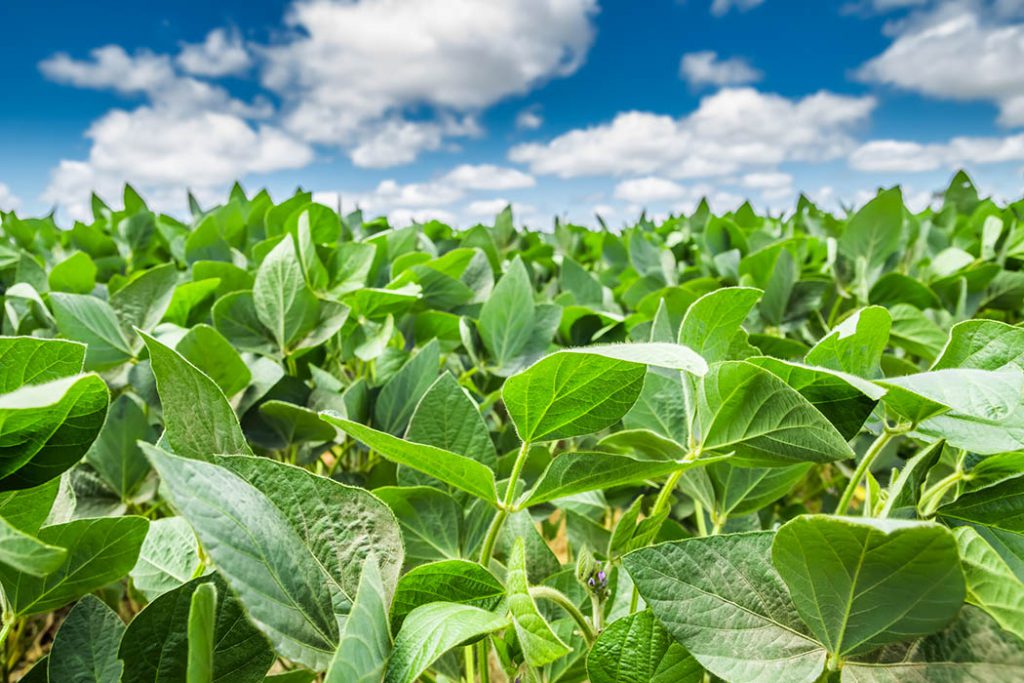Bill C-234 and Exemption to Carbon Tax for Grain Drying Introduced in Parliament

Grain Farmers of Ontario supports MP Ben Lobb and urges all parliamentarians to support grain farmers
Guelph, ON – February 7, 2022 – Grain Farmers of Ontario, the province’s largest commodity organization, representing Ontario’s 28,000 barley, corn, oat, soybean and wheat farmers, urges all parliamentarians to support Bill C-234 introduced today by Ben Lobb, Member of Parliament for Huron-Bruce, which includes a carbon tax exemption for grain drying.
Bill C-234: An Act to amend the Greenhouse Gas Pollution Pricing Act was introduced into parliament today and once passed will provide relief to farmers who are feeling the impact of the increased tax on their food production. Grain drying is vital in producing grain that is used in food, feed, and other products. Grain Farmers of Ontario has calculated that the carbon tax, which is increasing every year, will cost an average farm an additional $46 per acre in direct drying costs by 2030. On an average 800-acre farm, that‘s an increased cost of operations of $36,800.
“Farmers continue to bear the brunt of the carbon tax – both paying the tax for on-farm fuel used for drying grains, and paying the increased costs added to necessary inputs and services as vendors try to recoup carbon costs at their end. This is not supportable for our already vulnerable food system,” said Brendan Byrne, Chair, Grain Farmers of Ontario. “It‘s time for all Members of Parliament, regardless of party, to champion food production, keep food costs affordable, and support rural communities and farms by swiftly passing Bill of C-234 through the House of Commons.”
Grain drying is an essential part of the process of harvesting grain. Without it, grain would spoil and could not be used for food, feed, or biofuels. The current carbon tax is a significant increase to the already escalating cost of production faced by grain farmers. The cumulative impact of the carbon tax increases threatens farm sustainability in Ontario.
Ontario grain farmers are consistently looking for ways to improve their environmental impacts including, reduced tillage, cover cropping, and adopting new technology.
Over the last 30 years, grain farmers in Ontario have:
- Reduced their climate impact by 45 per cent (corn production)
- Reduced climate impact by 36 per cent (wheat production)
- Increased land use efficiency by 39 per cent (corn production)
- Increased land efficiency by 37 per cent (wheat production)
- Reduced energy use by 43 per cent (corn production)
- Reduced energy use by 37 per cent (wheat production)
Learn more about Grain Farmers of Ontario sustainability initiatives at: https://gfo.ca/market-development/sustainability-for-farmers/
Contact:
Victoria Berry, Manager, Communications – 226 820-6641; vberry@gfo.ca
Brendan Byrne, Chair – 519 992-4027; gfobrendan@gmail.com

